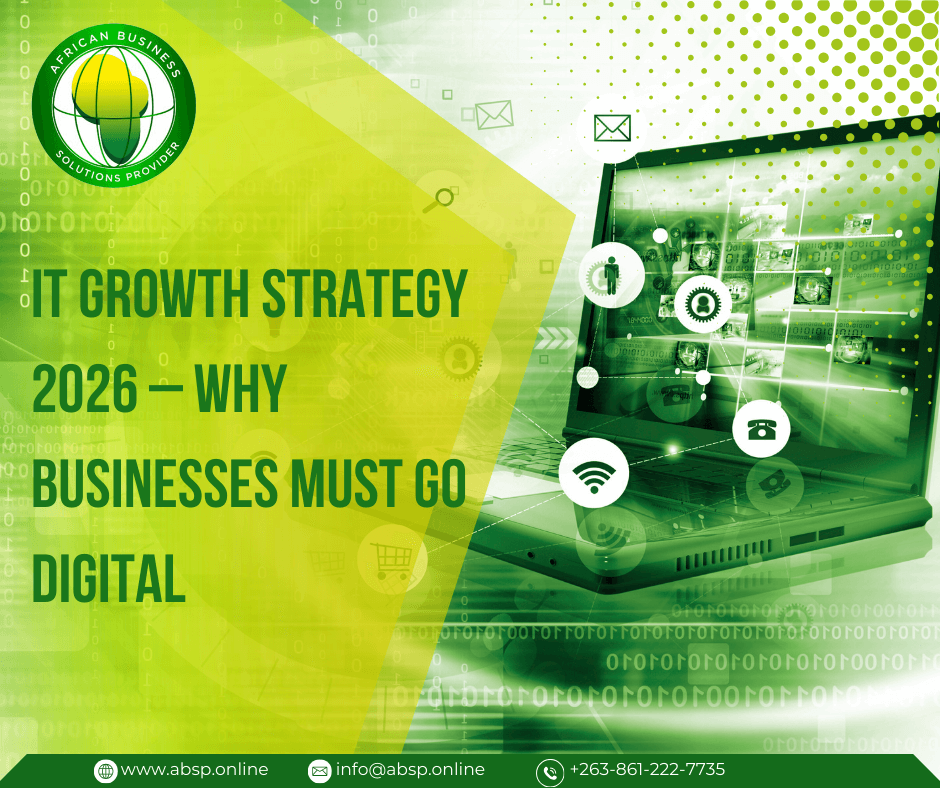Why do Africa's top IT talents keep leaving-and can we change that?
Introduction
Top IT talent in Africa is under pressure. Graduates see more attractive pay abroad or from international firms, remote work makes migration optional, and many tech professionals feel undervalued or underutilized locally. For businesses, losing skilled IT staff means higher recruitment costs, disrupted projects, slower innovation, and drift toward dependence on foreign expertise.
1. What Does the Data Say?
According to African Liberty, Africa loses over 20,000 professionals every year to migration. This “brain drain” involves doctors, engineers, tech specialists, and others.
In South Africa, there’s growing concern about AI talent leaving because the local deep-tech market is still small and often “imports” solutions instead of fostering home-grown innovation. (MyBroadband)
Surveys show remote work helps somewhat—but many African tech workers feel that working remotely still limits promotion, visibility, and recognition.
2. Key Drivers of Talent Loss
Here are the major reasons African tech professionals leave or consider leaving:
Limited Local Opportunities for Advanced, Deep-Tech Work: Many want to build complex systems, research, or AI/ML work, but local industry often focuses on more basic software or support roles.
Compensation & Benefits Gap: Remote roles with foreign companies often offer much higher salaries, stock options, and perks. Local businesses struggle to match those.
Lack of Career Growth & Learning Paths: When people see no clear path to senior roles, leadership, or deeper skill development, they look elsewhere.
Rigid Work Policies and Poor Work-Life Balance: In some companies, inflexible hours, excessive reporting, or lack of remote/hybrid flexibility push people to move.
Infrastructure & Tools: Unreliable power, slow internet, outdated hardware, or inability to work remotely when needed reduce morale and productivity.
3. Impact on African Businesses & Economies
Project Delays & Increased Costs: Hiring new talent is expensive; replacing someone skilled is costlier.
Innovation Stagnation: Without senior engineers or specialists, pushing the technological envelope becomes difficult.
Dependence on Foreign Solutions: If local talent leaves, local firms may outsource or import solutions, which reduces local capacity building.
Economic Leakage: Skills and revenues flow out of local economies to foreign employers.
4. How Businesses (Including SMEs) Can Start Retaining Talent
Here are simple, actionable steps any company can take:
Survey your IT staff to understand what matters—learning, money, freedom, recognition.
Set up mentorship & internal promotion paths.
Invest in tools & remote working to reduce friction (internet backup, hardware, collaboration tools).
Budget for training and certifications. Even small supports show you value growth.
Review compensation packages and non-monetary perks (flexibility, wellness, recognition).
Conclusion
The talent drain in Africa is real, but it isn’t inevitable. Businesses that invest in people, clarity, and opportunity keep their best minds. With the right structure and culture, Africa can not only keep its tech talent—it can make its tech talent world-class.
Recent Posts

Companies that delay or resist digital adoption risk losing relevance, customers, and revenue.

In 2026, social media is no longer optional for businesses — it’s essential.

In 2026, having a website is no longer optional — but having a fast, modern website is what separates successful businesses from digital failures.
Comments
John Doe
January 26 2021
Lorem ipsum dolor sit amet, consectetur adipisicing elit. Architecto aspernatur cupiditate dolore laudantium magni maiore minus odit optio perspiciatis qui, rem sit unde? Aliquid dolor, eaque eligendi minus quis sequi?
John Doe
January 26 2021
Lorem ipsum dolor sit amet, consectetur adipisicing elit. Architecto aspernatur cupiditate dolore laudantium magni maiore minus odit optio perspiciatis qui, rem sit unde? Aliquid dolor, eaque eligendi minus quis sequi?